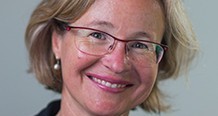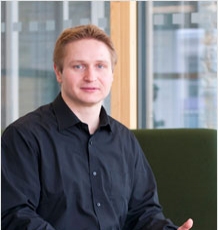2024 Tomorrow's World
Tomorrow's World
Challenge Overview
We are living in a time that is often referred to as ‘The Anthropocene’, when humans have caused huge changes to our planet. But this capacity for change may suggest that we also have the knowledge and tools to understand what is happening, and the choice about how to use them to shape our future.
“If working apart we are a force powerful to destabilise our planet, surely working together we are powerful enough to save it…in my lifetime I’ve witnessed a terrible decline. In yours, you could and should witness a wonderful recovery.” (Sir David Attenborough COP26 2021).
Recent and on-going climate events have emphasised the need for urgent action to mitigate further change and protect biodiversity, but they have also shown us that we need to live differently in response to our changing world.
Through this challenge we will explore what our sustainable future may look like and, the steps we can take to secure it. What could our lives, our communities, and our relationship with nature and each other be like in 2050, and what can we do now to secure that future?
We will invite engaging speakers and practitioners with wide ranging experience to share their thoughts and ideas with you, and we will provide lots of opportunities for you to discuss and share your own ideas within the challenge.
We will be exploring the opportunities that changes in social norms, developments in technology (including AI), rethinking of societal structures may present, and asking how they may support us. As we scan the horizon, this is our opportunity to build a more just, equitable, sustainable world!
To address this challenge, we need diverse points of view and expertise. Whatever programme of study you are following, we welcome your perspectives, thoughts and ideas to address this challenge.
This challenge will only run on the Penryn Campus.
Our enquiry groups will explore wide ranging issues:
How will households and local communities respond to the challenges we will be facing? What role can developing technology play in transforming our lives and our relationship with our environment?
How will change impact on our health and wellbeing? Can it support more equitable lifestyles to provide good health for all? Can we reduce our dependency on treatment, by shifts to living better and more sustainably?
How will our relationship with nature need to change to ensure we maintain our complex natural ecosystem – both green and blue? Should we live more closely with nature or does nature need to be protected from us?
What will future communities look like? How should our cities/towns/communities be designed, built, and managed? How do we create resilience both in the infrastructure but also in the community?
The human race has been around for about 200, 000 years a typical mammalian species, lives about 2 million years.
“If the human race were a single individual, she would be just 10 years old today.” (Prof Will MacAskill)
Is it any wonder, this child is making mistakes, how can we guide/help/support this child to make better decisions?


.jpg)
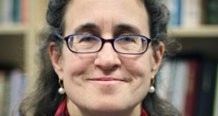
.jpg)
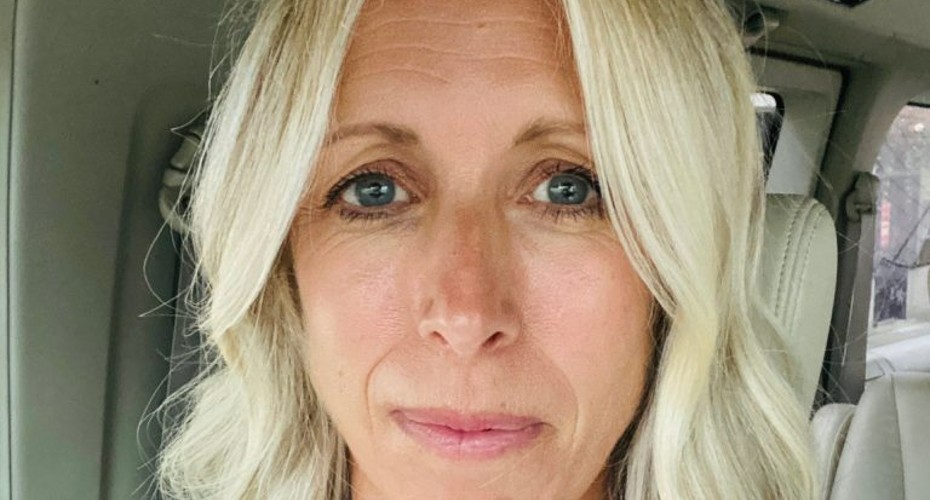
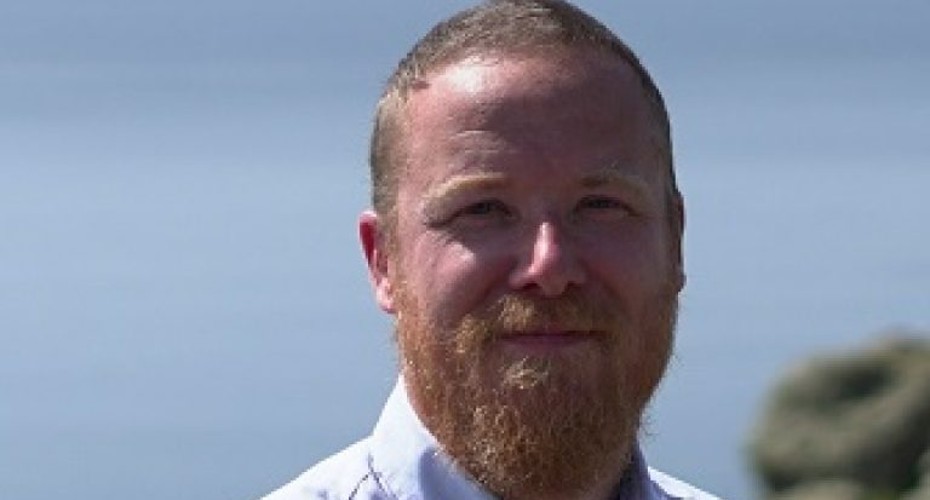
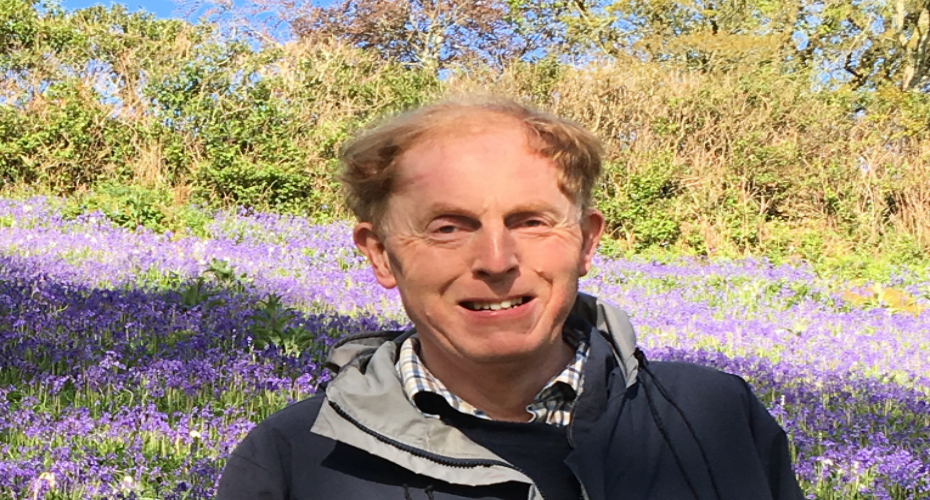
.jpg)
